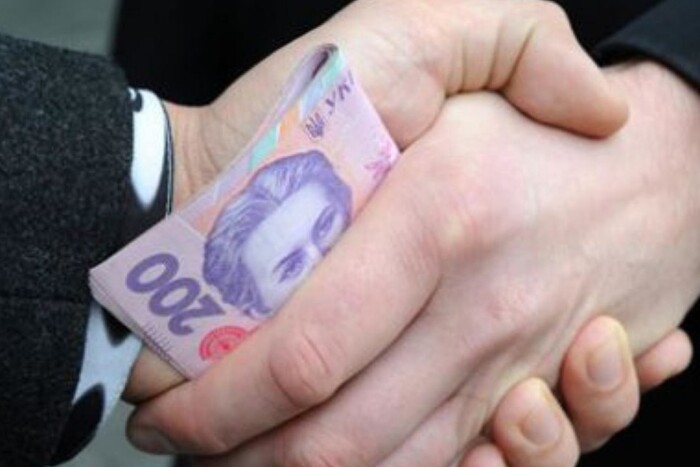Ukrainians increasingly see attempts to fight corruption – but want constructive criticism of the authorities even during the war
17 October 16:10
The Kyiv International Institute of Sociology (KIIS) has released the results of its Omnibus survey, conducted from September 19 to October 5, 2025, "Komersant Ukrainian" reports.
The study involved 1, 008 respondents from all the territories controlled by Ukraine. The survey examined two key aspects of public sentiment:
- how Ukrainians perceive the fight against corruption;
- how they feel about criticizing the government during the war.
The results show that despite war fatigue, trust in anti-corruption efforts is growing, and support for criticizing the government is almost unanimous.
How Ukrainians see the fight against corruption
KIIS recorded changes in public perception:
- 56% of respondents believe that there are indeed attempts to fight corruption in Ukraine (48% in 2024);
- 40% are convinced that the country remains hopelessly corrupt (in 2024 – 47%).

That is, in 2025, optimism is growing, although the indicators have not yet returned to the level of 2023, when most respondents first noted real positive changes.
KIIS analysts explain that the media activity of law enforcement officers and journalists can be perceived in two ways – as evidence of the fight against corruption or as confirmation of its scale.
Criticism of the government during the war: the majority is for constructiveness
90% of Ukrainians believe that criticism of the government during wartime should be present, but differ in their vision of its form:
- 58% support “balanced and constructive” criticism,
- 32% support “tough and uncompromising” criticism ,
- only 8% believe that the authorities should not be criticized at all.
Compared to 2024, support for criticism has increased (from 81% to 90%), while the number of supporters of “silence for stability” has decreased.
KIIS emphasizes that such results indicate the maturity of society, which seeks to control the government without undermining the unity of the country.
Corruption, criticism, and willingness to make concessions: how everything is connected
The study showed that the perception of corruption affects the willingness to compromise in war.
- Among those who believe Ukraine is hopelessly corrupt, 54% are ready for territorial losses to end the war.
- Among those who see real attempts to fight, the number is 32%.
This means that belief in the anti-corruption fight is directly related to the willingness to defend territories.
A similar trend is observed among those who support various forms of criticism of the authorities:
people who are inclined to harsh criticism are somewhat more likely to agree to concessions, although the majority is still against the loss of territories.
Watch us on YouTube: important topics – without censorship
What sociologists say
KIIS Deputy Director Anton Hrushetsky emphasizes:
“The narrative of “hopelessly corrupt Ukraine” is directly related to a decrease in optimism, willingness to make concessions, and undermining national security.
This is part of the information war waged by the enemy, spreading the idea of massive evasion and total corruption.”
He adds that the long-term fight against corruption is not only a matter for the authorities, but for the entire society.
According to the sociologist, the media and civic activists should act responsibly: expose abuses, but promote the narrative that Ukraine is a country fighting corruption, not a country “where everything is gone.”
Analysts expect that further waves of research will show how anti-corruption rhetoric affects the moral stability of society during the war.
In the context of the upcoming elections and reforms, it is critical that the government demonstrates results and the media is responsible in reporting on the revelations.
Read us on Telegram: important topics – without censorship









